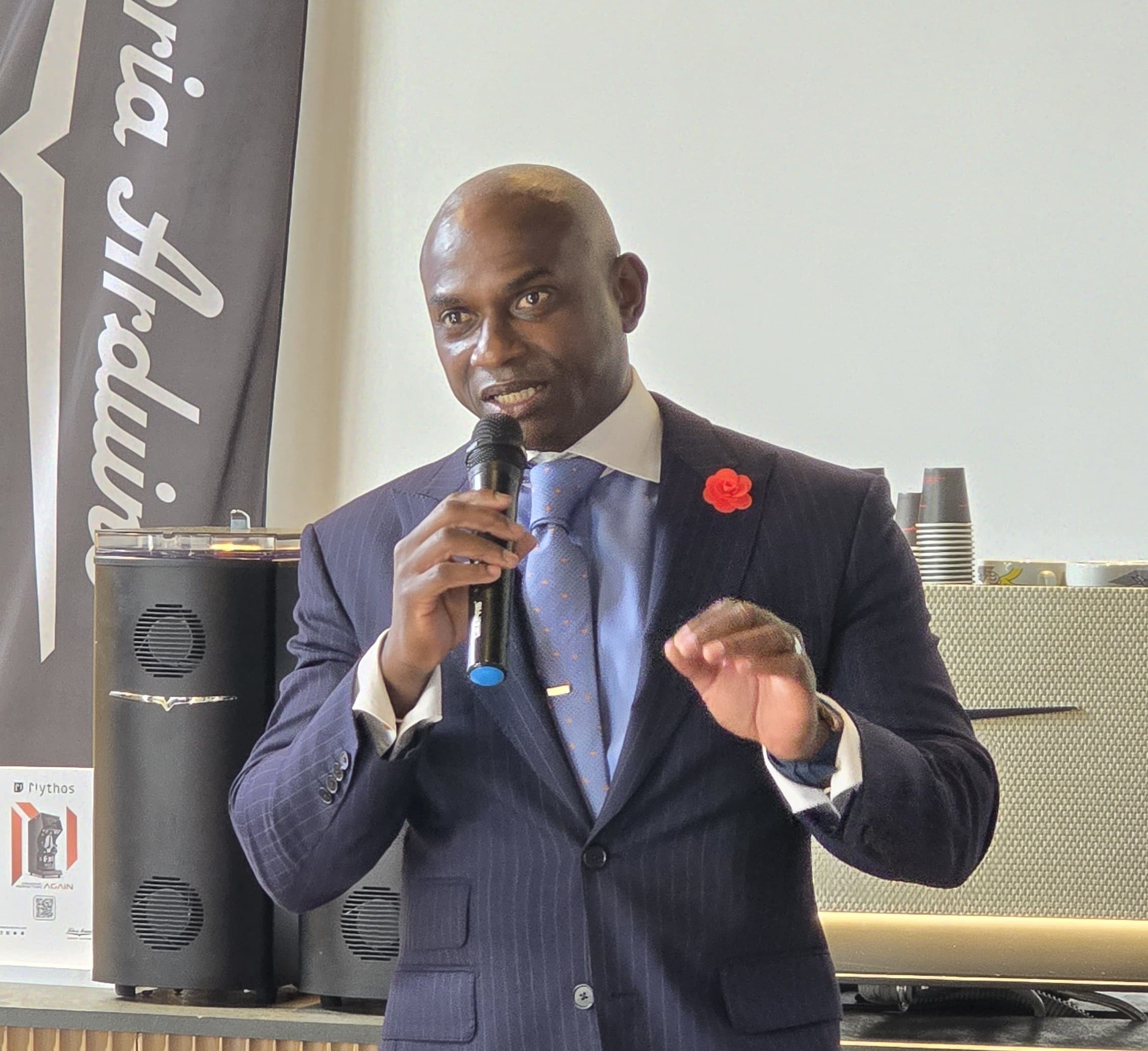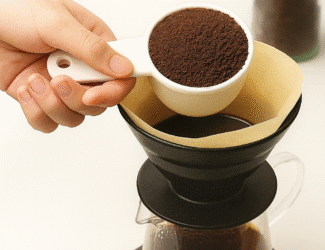
Today’s Coffee Trends: Is It Time for an Industry Reset?
By Garfield Kerr, CEO of Mokha 1450 Luxury Specialty Coffee
As the coffee industry moves through 2025, most of the trends we’re witnessing are evolutions of familiar patterns. However, some are becoming more pronounced—particularly the rise of cold coffee beverages. Cold brew has already secured its place, but it’s now being joined by innovative offerings like coffee-based mocktails.
Social Coffee Culture
A notable development in coffee culture is the emergence of daytime coffee raves and coffee dance parties, particularly popular among younger, socially driven audiences. There’s also a shift in caffeine preferences. While coffee remains dominant, alternatives are gaining attention, especially among micro-communities that drive niche trends.
The ready-to-drink (RTD) segment is another area of momentum. In 2025, brands are racing to launch instant coffee products that match the flavor quality of freshly brewed specialty coffee. Whether the future of this format lies in powder or liquid concentrates remains to be seen.
The Rise of Luxury Coffee
At Mokha 1450, we pivoted toward the luxury segment of coffee years ago. Since then, we’ve seen a surge in global luxury brands entering the space—many of whom have launched cafés, pop-ups, and immersive coffee experiences. All signs suggest that luxury coffee is not a fleeting trend, but a growing segment. However, this growth is likely to remain uneven and sporadic.
A Sector Under Pressure
Forecasting the future of the coffee industry is a complex task. But one area with clear potential is coffee alternatives, especially in light of ongoing challenges such as high prices and production constraints. These alternatives may draw increased investment as businesses seek resilience.
Rethinking the Price of Coffee
Despite these changes, consumer love for coffee remains strong. And perhaps this period of price instability presents an opportunity—a moment to reconsider how we value coffee. Ideally, this should translate into fairer compensation for farmers and greater appreciation from consumers for the immense effort behind each cup.
From the meticulous hand-picking of ripe cherries by farmers to the sophisticated logistics of global transport, to the craft of an SCA-certified barista, every step of the specialty coffee journey is labor-intensive and skill-driven. Yet, the prices paid for specialty coffee often fail to reflect the value created along this chain.
A Call for Industry-Wide Change
For coffee to be truly sustainable, systemic changes must occur. The entire value chain—from commodity-grade to specialty—needs to become more equitable. That means better pricing models that fairly reward everyone involved, from producers to baristas to end consumers.
As we look ahead, it’s time to rethink the economics of coffee and build a more balanced, resilient, and sustainable industry.
About the Author
Garfield Kerr is the CEO of Mokha 1450 Luxury Specialty Coffee. @mokha1450.



